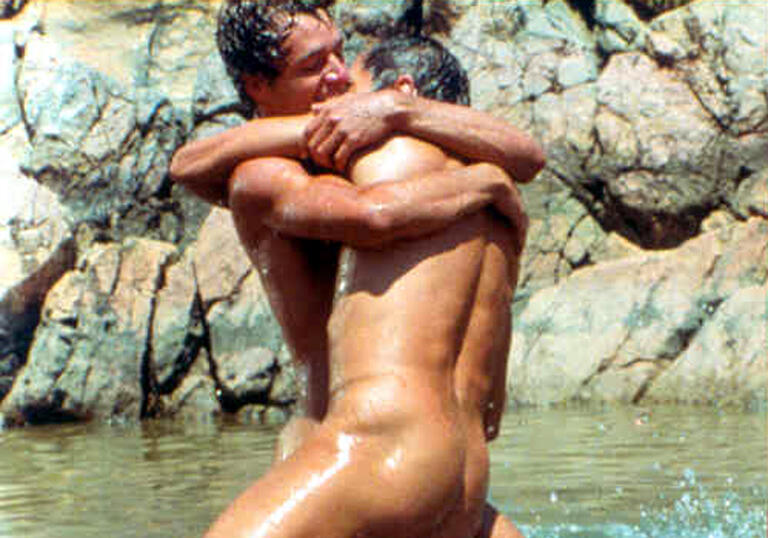
Booking fees
£1.50 booking fee per online/phone transaction.
No fee when tickets are booked in person.
Booking fees are per transaction and not per ticket. If your booking contains several events the highest booking fee will apply. The booking fee may be reduced on certain events. Members do not pay booking fees.
Simon Fisher Turner’s life as a film composer stems from his association with Derek Jarman in the 1980s and 90s. His scoring credits for Jarman include Caravaggio, The Last of England, The Garden, Edward II and Blue, the director’s final film.
Lillian Crawford is a freelance writer and curator. She is co-founder of Stims Collective and regularly hosts Relaxed Screenings at the Barbican. Her writing on Jarman can be found at Plinth and Little White Lies, and in her forthcoming PhD thesis on Screen Two.
Simon McCallum is a producer and curator at the BFI National Archive, a regular programme contributor to BFI Flare: London LGBTQIA+ Film Festival and curated the BFI Southbank season Gross Indecency: Queer Lives Before and After the ’67 Act. The BFI looks after many of Derek Jarman's sketchbooks, which include poetry, drawings, film storyboards, thoughts, plans and photographs.
Cinema 1
Location
Barbican Cinema 1 is located within the main Barbican building on Level -2. Head to Level G and walk towards the Lakeside Terrace where you’ll find stairs and lifts to take you down to the venue floor.
Address
Barbican Centre
Silk Street, London
EC2Y 8DS
Public transport
The Barbican is widely accessible by bus, tube, train and by foot or bicycle. Plan your journey and find more route information in ‘Your Visit’ or book your car parking space in advance.




